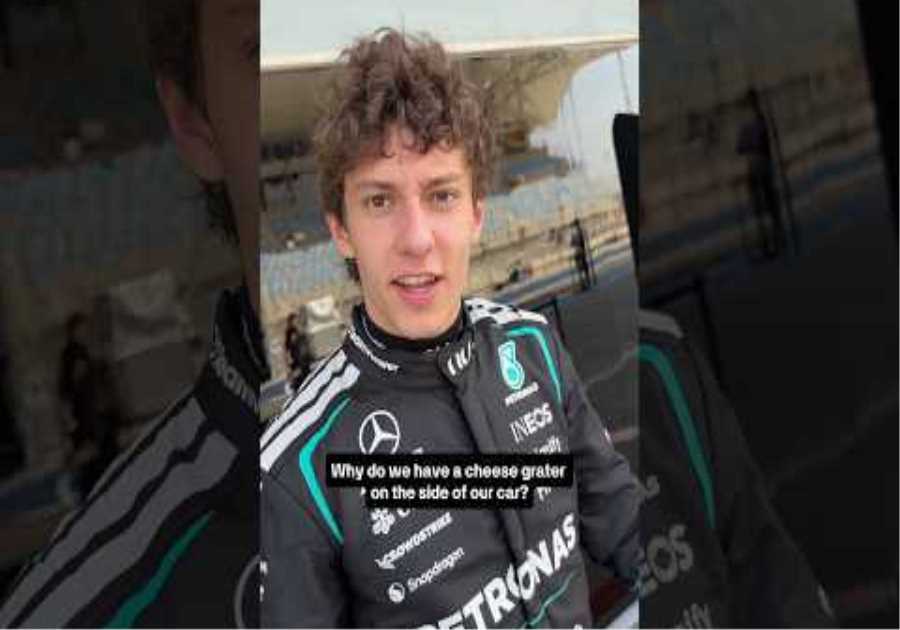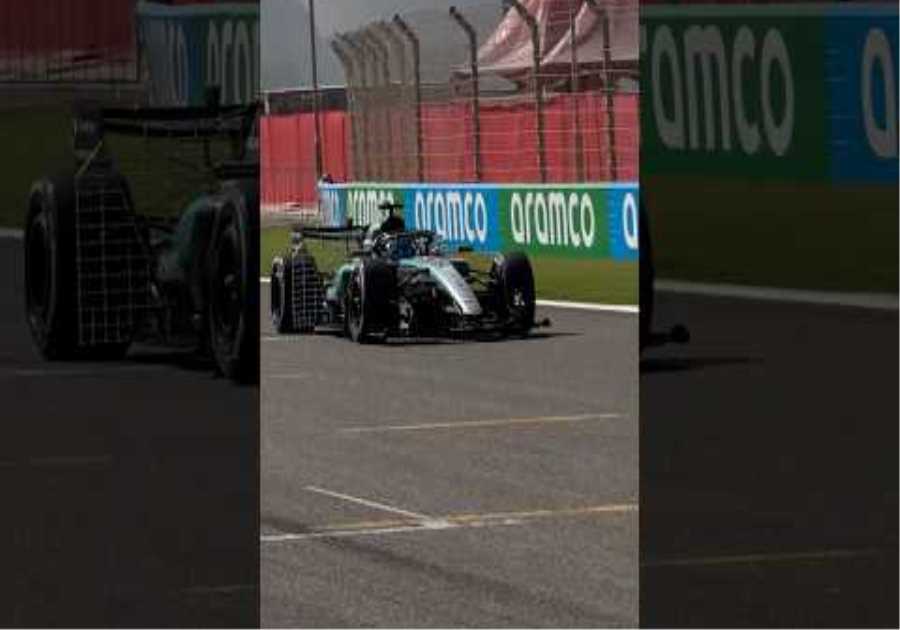
Lewis Hamilton, one of the most successful drivers in the history of F1, recently shared his thoughts on life after retirement from the sport. With seven championship titles under his belt and a current contract with Mercedes set to expire at the end of the 2023 season, the future is uncertain for the British driver. Although both Hamilton and Mercedes have expressed interest in extending the contract, no official agreements have been confirmed as of yet.
Hamilton’s career in motorsports began when he was just 8 years old, and he has been at the top of his game for three decades. From his early days of karting to his rise as an F1 champion, Hamilton has been a constant presence in the world of motorsports and a household name for fans of the sport. With his impressive track record and numerous accolades, it’s clear that he has left a lasting impact on the world.
However, despite his success, Hamilton is not immune to the worries that many athletes face as they approach retirement. Speaking on the “On Purpose” podcast, he opened up about his concerns for the future and how he will cope with the void that retirement from F1 will bring:
Scroll to Continue
“It’s going to be really, really hard when I stop racing. I’ve been doing it for 30 years. When you stop, what is going to match that?
“Nothing is going to match being in a stadium, being at a race, being at the pinnacle of the sport and being at the front of the grid or coming through the grid and that emotion that I get with that.
“When I do stop, there will be a big hole, so I am trying to focus and find things that can replace that and be just as rewarding.”
It’s not uncommon for athletes to struggle with life after retirement. The adrenaline rush, competition, and sense of purpose that come with being a professional athlete are difficult to replace, and many athletes find themselves searching for a new sense of purpose once they hang up their cleats or retire from their sport. Hamilton’s comments highlight this challenge and show that even the greatest athletes are not immune to the struggles that come with retirement.






